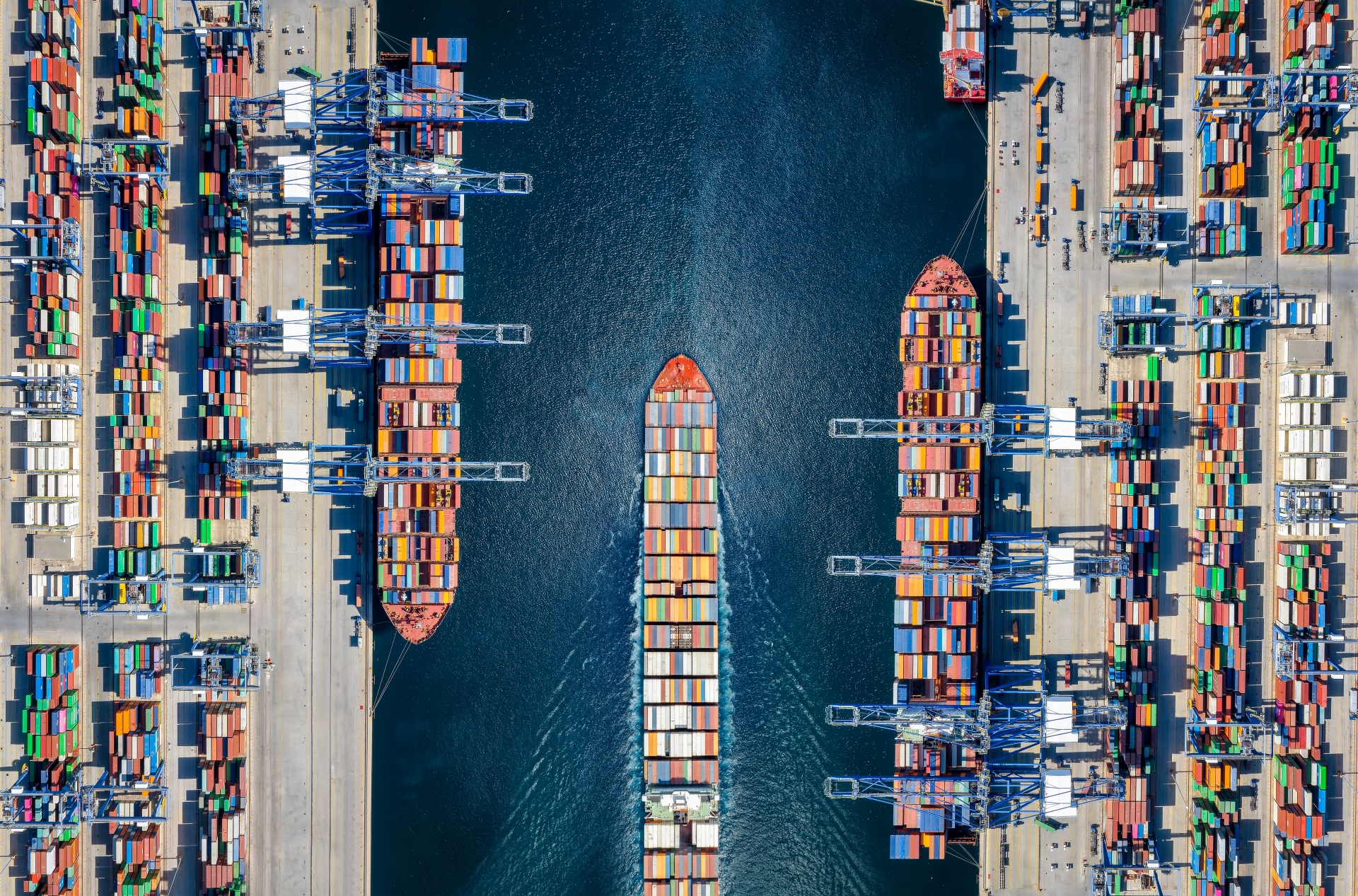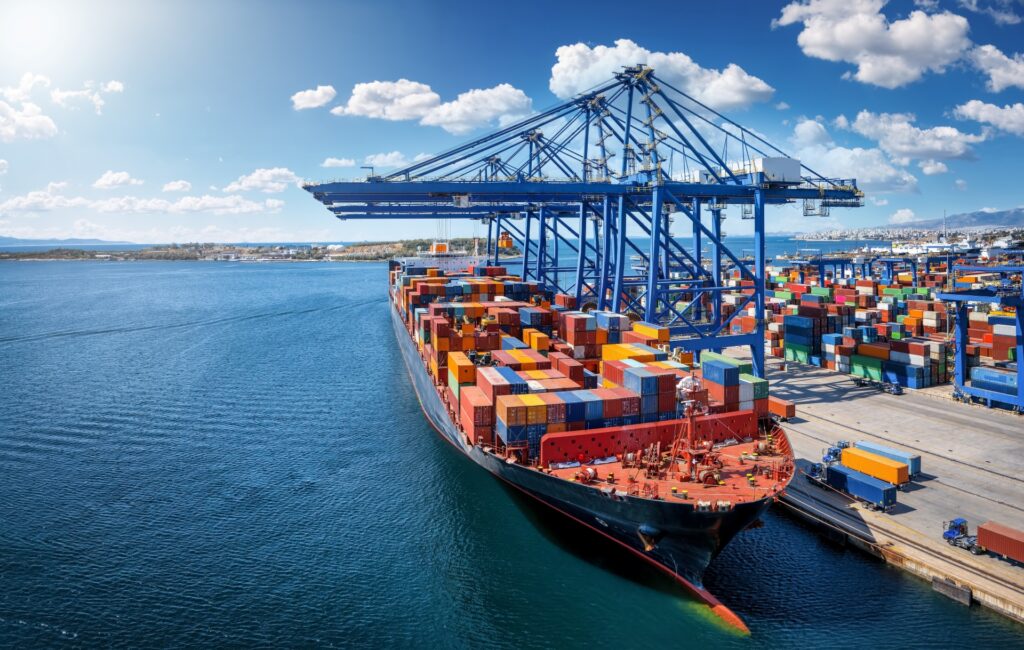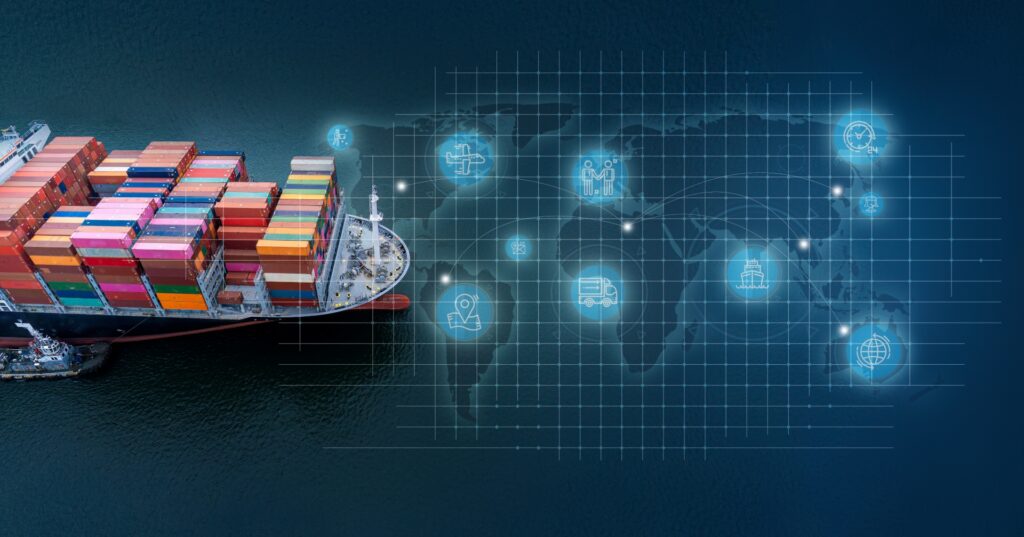This article is authored by Dr Chithra Suresh, Senior Faculty at the Bahrain Institute of Banking and Finance (BIBF). This is the second part of a series discussing trade barriers and how they impact international trade.
The views and opinions expressed in this article are those of the author and do not necessarily reflect the official policy or position of the ICC Academy or ICC.
In today’s interconnected global economy, open trade is a cornerstone of prosperity, innovation, and international cooperation. By enabling goods, services, and capital to move across borders , trade fosters competition, lowers consumer prices, creates new business opportunities, and fosters global economic growth and peaceful international relations.
Yet, this open trade model is under increasing strain.
Around the world, we’re witnessing a rise in trade barriers, which are primarily government-imposed restrictions such as tariffs, import quotas, and regulatory or bureaucratic hurdles that disrupt the flow of trade. These barriers, often introduced to protect domestic industries or address national security, can distort markets, inflate costs, and heighten geopolitical tensions.
As countries increasingly turn to unilateral trade measures, the foundations of the international trading system built on openness and rules-based cooperation are being tested. The International Chamber of Commerce (ICC) remains at the forefront, advocating for open markets and reinforcing global trade resilience.
History consistently shows that open markets deliver stronger growth, better employment outcomes, and greater resilience during crises. At a time when coordinated global action is crucial, from stabilising supply chains to addressing climate change, rising protectionism may yield limited short-term gains to specific sectors but risks substantial long-term economic damage.
This article explores the main types of trade barriers, their economic impact, and ICC’s initiatives to promote open, fair, and sustainable trade. It also looks ahead to emerging trends, including the emergence of artificial intelligence technologies within digital trade and that promise to shape global commerce.
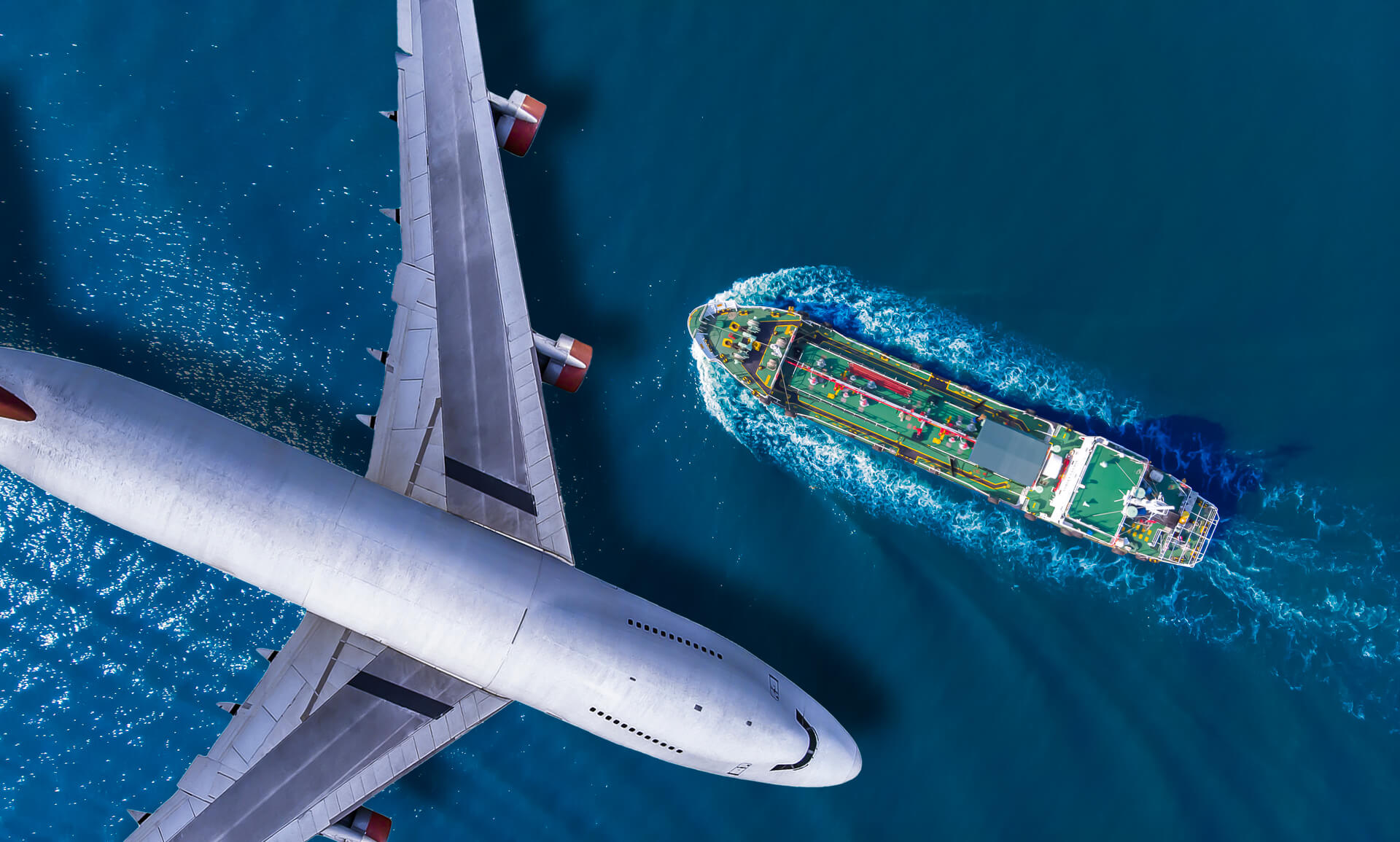
Export/Import Certificate (EIC)
What are trade barriers?
Trade barriers are government-imposed measures that restrict or complicate the free flow of goods, services, and capital across international borders. These barriers come in various forms, each with distinct economic implications. Understanding these barriers is essential to grasp their broader impact on international trade.
Tariffs
Tariffs are taxes levied on imported goods, increasing their cost to protect domestic industries. While tariffs generate government revenue and offer short-term protection, they often distort market competition, trigger retaliatory actions, and raise consumer prices.
By raising import costs and provoking retaliatory measures, tariffs disrupt international supply chains, reduce trade volumes, and create uncertainty in global markets.
Such protectionist policies can escalate into trade wars, as affected countries impose counter-tariffs, further straining diplomatic and economic relationships. The World Trade Organization (WTO) regularly reports on these developments, highlighting the risks they pose to the multilateral trading system. While tariffs are permitted under WTO rules when applied within bound rates on a most-favoured-nation basis, escalating tit-for-tat measures move beyond legitimate trade policy into damaging economic warfare. As the voice of global business, ICC advocates for rules-based open trade, and multilateral dialogue, emphasising that unilateral trade barriers stall economic growth and weaken the global trading system.
As depicted in the accompanying diagram, tariffs involve a trade-off: they may generate tax revenue but do so at the cost of reduced global output and consumer surplus, ultimately creating a deadweight loss (shaded area) as resources are misallocated.
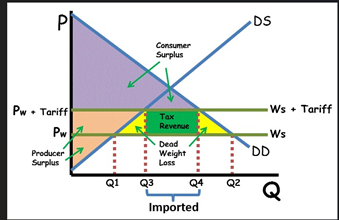
Quotas
Quotas restrict the quantity of a specific good that can be imported, creating artificial scarcity. For example, agricultural quotas may limit foreign grain imports, benefiting local farmers but raising food prices. While often used to protect critical domestic industries, quotas can lead to market shortages and inflated consumer costs.
Non-tariff barriers
Non-tariff barriers (NTBs) include technical regulations, import licenses, product standards, and health certifications. While these measures are essential for ensuring consumer safety and environmental protection, they can also be used strategically for protectionist purposes.
The WTO’s Trade Facilitation Agreement (TFA) is a critical tool to reduce costs and delays at borders, particularly for MSMEs. ICC has consistently advocated for its full and timely implementation as a practical way to deliver inclusive growth. Through the Global Alliance for Trade Facilitation, a public-private partnership co-led by ICC, the World Economic Forum and the Center for International Private Entreprise, business is working hand in hand with governments to deliver concrete border reforms that make trade simpler, faster, and more transparent.
Trade embargoes and sanctions
Trade embargoes and sanctions are measures imposed, primarily for political or ethical reasons, that severely restrict or halt trade with specific nations. While sanctions may serve to uphold international values, they often disrupt supply chains and business operations.
ICC advocates for clarity and consistency in the implementation of sanctions to ensure compliance and reduce business uncertainty. It also emphasises the importance of pursuing diplomatic solutions over economic restrictions such as trade embargoes and sanctions to minimise negative impact on international trade.
A recent example occurred in 2022–2023, when the European Union, United States, and allied nations imposed sweeping sanctions on Russia in response to the Ukraine conflict. These actions significantly disrupted global supply chains, especially in energy, food, and raw materials, leading to increased prices and heightened uncertainty for businesses worldwide.
In response, ICC called for predictable and transparent sanction policies and urged a return to diplomatic engagement to prevent further economic fragmentation and instability in the global trading system.
How do trade barriers hinder international trade?
Trade barriers create significant obstacles for businesses, particularly small- and medium-sized enterprises (SMEs), and undermine efforts toward global economic integration. These restrictions not only increase operational costs but also limit market access and disrupt supply chains.

Export/Import Certificate (EIC)
Key challenges include:
Cost increases and price volatility
Tariffs and non-tariff barriers raise production costs, forcing businesses to either absorb additional expenses or pass them on to consumers. SMEs, which often operate with limited financial reserves, face disproportionate challenges in managing these costs, weakening their competitiveness in global markets.
Market access limitations
Restrictive quotas and licensing requirements can prevent businesses from entering new markets, particularly impacting exporters from developing economies. ICC advocates for equitable market access to ensure fair competition and supports inclusive trade policies that reduce inequality across trading nations.
An example is the European Union’s sugar import quotas – that have since been scrapped – which restricted the amount of sugar that can be imported from non-EU countries at preferential tariff rates.
These quotas primarily protected local sugar producers but limited access for exporters from developing nations like India and Brazil, who faced high tariffs once the quota is reached. This trade barrier significantly hampered the ability of these countries to compete in the EU market.
Trade disputes and regulatory compliance
Trade barriers often lead to disputes and increase the complexity of regulatory compliance. Inconsistent standards across countries can result in legal conflicts, delays, and added costs for businesses. ICC’s International Court of Arbitration provides an effective mechanism for solving such disputes efficiently, helping maintain confidence in cross-border trade.
Red tape
Administrative burdens, such as customs delays and complex documentation requirements, increase time and cost to cross-border transactions. ICC supports the WTO Trade Facilitation Agreement (TFA), which aims to streamline border processes. It also advocates for digitalisation and streamlined customs procedures to improve transparency, reduce delays, and enhance trade facilitation.
ICC’s strategic role in advancing international trade
As highlighted earlier, trade barriers not only impede global output but also have profound effects on the development trajectories of emerging economies, particularly impacting SMEs within those regions.
ICC plays a central role in addressing these challenges through initiatives that support inclusive growth, regulatory clarity, and international cooperation.
ICC approaches trade facilitation through three core areas:
- Policy advocacy: ICC works with governments and international organisations to support transparent, rules-based trade systems. Through policy engagement and dialogue, it encourages the reduction of trade barriers and supports policies that ensure fair competition and broader market access, particularly for emerging economies.
- Rule-setting: To promote consistency in international trade, ICC develops and maintains global standards, most notably the Incoterms®rules. These guidelines help businesses manage cross-border transactions more clearly and efficiently. ICC also collaborates with the World Customs Organization (WCO) on initiatives aimed at simplifying customs processes and improving global trade flows.
- Dispute resolution: Through its International Court of Arbitration, ICC offers arbitration and mediation services to resolve cross-border trade disputes efficiently. These mechanisms provide a structured, cost-effective alternative to litigation and contribute to a more predictable legal environment for international trade. Through these strategic initiatives, ICC supports efforts to lower trade barriers, strengthen institutional frameworks, and improve access to global markets – particularly for businesses operating in emerging economies.
What are the opportunities in reducing trade barriers?
Reducing trade barriers creates significant opportunities to boost international trade and stimulate global economic growth. These benefits are crucial for building a more interconnected, competitive, and resilient global marketplace.

Export/Import Certificate (EIC)
Broadening market access
One of the most immediate benefits of reducing trade barriers is the ability for businesses to enter new markets. By eliminating tariffs, quotas, and other restrictions, companies can access a broader base of international customers, driving increased sales and revenue growth.
This expanded market access is particularly crucial for SMEs in emerging economies, as they often face the biggest challenges when trying to break into developed markets. As more markets open, businesses can diversify their customer base, reduce overreliance on domestic demand, and mitigate risks tied to regional economic fluctuations.
Fostering innovation through voluntary technology transfer and open markets
When trade barriers are reduced, there is greater opportunity for voluntary technology transfer between countries. Open markets enable businesses to share ideas and adopt new technologies more quickly, driving progress across industries.
For instance, countries with strong technological capabilities can partner with those seeking innovation, fostering cross-border research and development. With the right enabling frameworks in place, such exchanges can lead to innovations in product development, manufacturing processes, and business practices, benefitting the global economy.
Driving economic growth and job creation
Trade liberalisation creates a more competitive business environment, often resulting in lower prices for consumers and greater variety of goods and services. These outcomes can drive higher consumer spending, increased demand, and greater investment in new and emerging markets.
As businesses expand and scale operations, they frequently experience a corresponding rise in employment needs. From manufacturing to services, companies require more employees to meet the growing demand, leading to job creation and improved employment rates.
Strengthening supply chains
Trade barriers often disrupt supply chains by causing delays, increasing costs, and limiting the flow of raw materials and finished goods. Reducing or eliminating tariffs and other restrictions helps make supply chains more efficient, reliable, and responsive.
Open trade enables businesses to source inputs from the most cost-effective markets, improving production efficiency and reducing costs. It also allows access to a broader network of suppliers and partners, lowering the risks associated with reliance on a single source.
The reduction of trade barriers can strengthen global supply chains, allowing businesses to respond more effectively to changes in market demand and economic conditions. Furthermore, this enhanced supply chain flexibility is vital in sectors like manufacturing and pharmaceuticals, where timely access to materials and components is critical in maintaining continuous operations.
Future outlook: Digital trade and sustainability
The future of global trade is being shaped by two powerful forces: digital transformation and a shift toward sustainability. As trade systems evolve, institutions like the International Chamber of Commerce (ICC), the World Trade Organization (WTO), and global industry alliances play a critical role in shaping the rules and standards that underpin cross-border commerce, with the aim to make it more efficient, inclusive, and environmentally responsible.
Digital trade: Enabling efficiency and innovation through
The exponential growth of digital commerce is prompting a rethinking of global trade frameworks. Key developments include:
- Modern e-commerce rules: ICC’s Global Trade & Investment Commission works with businesses, policymakers, and international organizations, including the WTO, to shape globally coherent, business-friendly digital trade regulations. At the multilateral level, the WTO’s Joint Statement Initiative (JSI) on e-commerce has produced a stabilized negotiating text that sets baseline rules across digital trade facilitation (e.g., e-signatures, paperless trading, e-invoicing, single windows), an open digital environment (including no customs duties on electronic transmissions), and business/consumer trust (consumer and personal-data protection, cybersecurity).
- Digital standards for Global Trade Transformation:The Standards Toolkit for Cross-Border Paperless Trade, jointly published with the WTO, provides an overview of standards currently in use in trade and related processes.
- ICC DSI offers unparalleled support to countries aiming to align with the MLETR framework. See the tracker here.

Certificate in Digital Trade Strategy (CDTS)
Sustainable trade: Aligning growth with environmental goals
Sustainability is now a core element of global trade policy and business strategy. But, a growing patchwork of unilateral measures is creating complexity and fragmentation for companies worldwide. ICC supports the integration of sustainability into trade but advocates for globally coherent, multilateral approaches that deliver for both business and the planet.
- Global principles for sustainable trade: ICC’s Principles for Sustainable Trade and Principles for Sustainable Trade Finance provide a clear, practical framework to align trade and financing with sustainability objectives.
- Circular economy leadership: Through the ICC Circular Economy Working Group and reports like Key Enablers for a Circular Economy, ICC is driving policies and solutions that enable circular trade models. These efforts help businesses – particularly SMEs – unlock opportunities in reuse, recycling, and value regeneration across supply chains.
See report:
Circular economy: Challenges and opportunities for businesses and policymakers
- Evidence-based advocacy: Publications like Global Principles for Effective Border Carbon Adjustments help governments design policies that meet climate goals without creating unnecessary trade frictions, while ICC’s engagement in WTO forums promotes harmonised, multilateral solutions.
Read: ICC’s Gateway to a global entrepreneurship ecosystem
Keeping markets open and inclusive
Amid rising protectionism, ICC continues to advocate for open, rules-based trade. It emphasises the need for inclusive globalisation, ensuring that businesses from all economies – of all sizes and development stages – can access global markets equitably.
This approach is echoed by global institutions and trade economists alike. According to OECD, open trade policies are linked to higher productivity, innovation, and income growth, particularly in emerging markets. Cooperation among governments, private sector actors, and multilateral institutions remains critical. An inclusive and transparent global trading system is a tool for economic growth, as well as the foundation for global stability, innovation, and long-term sustainability.
References:
- European Commission (2023) Carbon Border Adjustment Mechanism: Official Regulation (EU) 2023/956. Available at: https://eur-lex.europa.eu/eli/reg/2023/956
- G7 Trade Ministers (2024) Hiroshima Circular Economy Trade Pact. Available at: https://www.g7hiroshima.go.jp/documents/pdf
- ICC Banking Commission (2024) Sustainable Trade Finance Facility: Annual Impact Report. Available at: https://iccwbo.org/publication/STFI-2024
- Global Maritime Forum (2024) Green Shipping Corridors: Technical Specifications. Copenhagen: GMF. Available at: https://globalmaritimeforum.org/greencorridors
